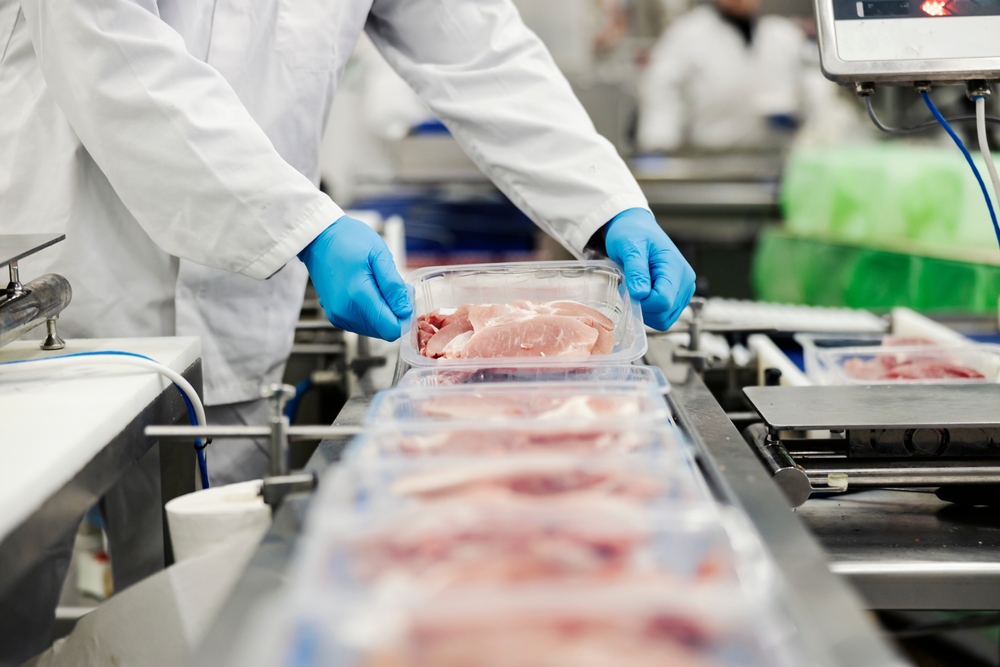Understanding Listeria Contamination:
Listeria monocytogenes, a pervasive bacterium found in various environments, has gained notoriety for its ability to survive and thrive in food processing facilities. The consequences of Listeria contamination can be severe, ranging from mild flu-like symptoms to severe infections, particularly in vulnerable populations such as the elderly and pregnant women.
Food safety regulations mandate thorough monitoring and control measures to prevent the presence of Listeria in the production chain. This includes routine testing of surfaces, equipment, and food products to identify and eliminate potential sources of contamination. By understanding the risks associated with Listeria, food manufacturers can proactively implement strategies to safeguard both their products and consumers’ health.
Traditional Testing Methods:
Despite the critical importance of Listeria testing, traditional methods employed by food factories often present challenges and limitations. Conventional approaches typically involve time-consuming processes, such as culture-based methods, where samples are collected and incubated to allow Listeria to grow. While these methods have been instrumental in the past, they come with several drawbacks:
- Delayed Results: Traditional testing methods often require extended incubation periods, delaying the identification of potential Listeria contamination. Swift and accurate results are essential to prevent the further spread of the bacterium.
- Limited Sensitivity: Conventional techniques may lack the sensitivity needed to detect low levels of Listeria contamination. This can result in false negatives, allowing undetected sources of the bacterium to persist and pose a continuous risk.
- Complex Methods: The complexity of traditional testing methods can lead to increased labor demands and the need for specialized skills. As a result, there is a growing recognition of the necessity for simpler, more efficient, and user-friendly testing alternatives.
Recognizing these challenges, the food industry is actively exploring innovative solutions to streamline the Listeria testing process. Polyurethane foam swabs are a solution that addresses the limitations of traditional methods and offers a range of benefits for food factories seeking to enhance their testing protocols.
While polyurethane foam swabs are crucial in changing Listeria testing, the quality and composition of the materials used in their construction are equally vital. In this regard, Foamtec Medical is a leading provider of custom polyurethane (PU) foam, offering distinct advantages for food safety and environmental compliance.
- Tailored to Perfection: Foamtec Medical specializes in crafting custom PU foam tailored to the unique requirements of Listeria testing protocols. The ability to customize the foam ensures that the swabs maintain optimal absorbency, flexibility, and pick-up and release properties, aligning with the specific needs of food factories.
- Consistent High Quality: Consistency is key. At Foamtec Medical, we are committed to producing high-quality custom PU foam to ensure that each foam swab meets rigorous standards. This consistency is essential for reliable and reproducible Listeria testing results, instilling confidence in the accuracy of the data obtained.
- Compliance with Regulatory Standards: We adhere to regulatory standards governing food safety and environmental considerations. Our custom PU foam is designed to meet or exceed industry regulations, providing food factories with a dependable solution that aligns seamlessly with our customer’s compliance efforts.
- Expertise in Medical Device Manufacturing: Drawing from extensive knowledge in medical device manufacturing, Foamtec Medical brings precision and quality assurance to the production of custom PU foam components.
Choosing Foamtec Medical as a partner in Listeria testing equates to a strategic investment in the reliability and quality of testing processes within food factories, making it a standout choice for those committed to the highest standards of food safety and environmental consciousness.
Tell Us About Your Project
"*" indicates required fields

